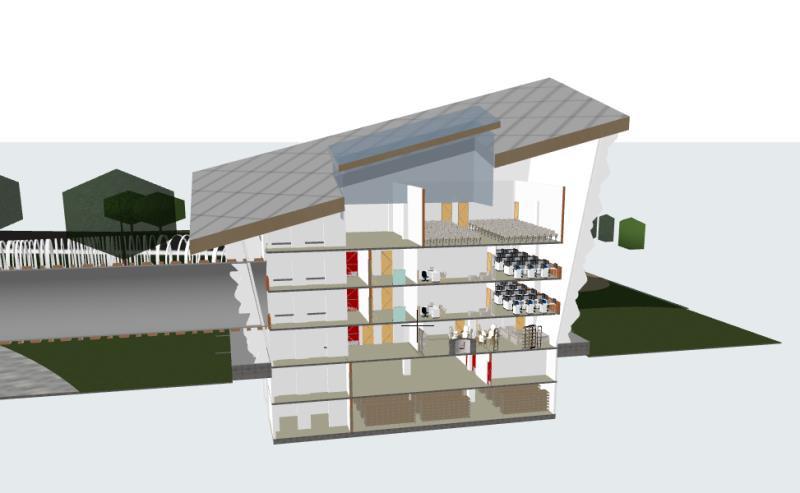Top 6 Benefits of Sound Insulation Material
Sound insulation materials offer several important benefits in various environments, whether it’s a residential, commercial, or industrial setting. Here are the top six benefits of using sound insulation materials:
Importance of Sound Insulation Material
Noise Reduction
The primary benefit of wall insulation materials is their ability to reduce the transmission of sound from one area to another. They absorb, dampen, or block sound waves, creating quieter spaces and improving overall acoustic comfort. This is particularly important in environments where noise pollution is a concern, such as residential buildings near busy roads, commercial spaces, or industrial facilities.
Improved Privacy
In settings like offices, conference rooms, and apartments, sound insulation helps maintain privacy by preventing conversations and activities from being overheard in adjacent spaces. This is crucial for maintaining confidentiality and creating a comfortable working or living environment.
Enhanced Productivity and Concentration
Sound insulation can lead to increased productivity and better concentration, especially in workplaces. Reduced background noise and fewer distractions allow employees to focus on their tasks, leading to improved work performance and job satisfaction.
Compliance with Regulations
Many building codes and regulations set specific standards for acceptable noise levels in different types of buildings. Wall insulation materials help meet these requirements, ensuring that buildings and spaces are compliant with local noise ordinances and regulations.
Health and Well-being
Excessive noise can have negative effects on health, including increased stress, disturbed sleep, and even cardiovascular issues. By reducing noise levels, wall insulation contributes to better health and overall well-being for occupants.
Versatility in Design
Wall insulation materials come in various forms, such as acoustic panels, wall and ceiling insulation, and acoustic curtains. This allows architects and designers to integrate wall insulation seamlessly into their designs, without sacrificing aesthetics. Acoustic materials can be customized to fit the design and style of a space while still providing effective noise control.
Conclusion
It’s important to note that the effectiveness of wall insulation materials depends on factors such as the material’s acoustic properties, installation quality, the specific sound frequencies being targeted, and the overall design of the space. Therefore, it’s advisable to consult with acoustic professionals to determine the most appropriate sound insulation solutions for a given environment and to ensure optimal results.
Always consult the leading manufacturer of insulation materials in Kenya to order any insulation material; for instance, roof insulation, wall insulation, flat roof insulation, Damp proof membrane, and floor underlay.


